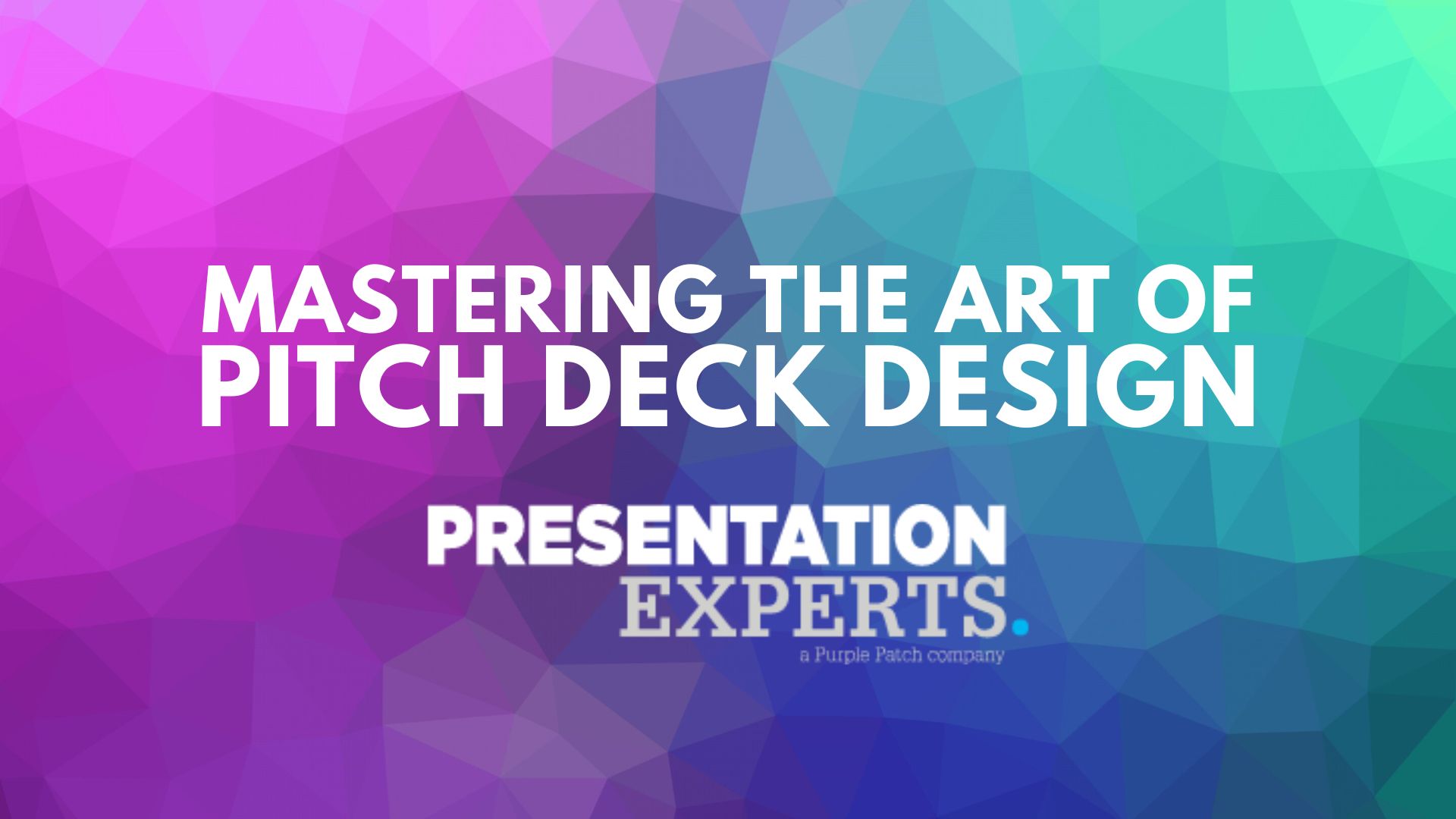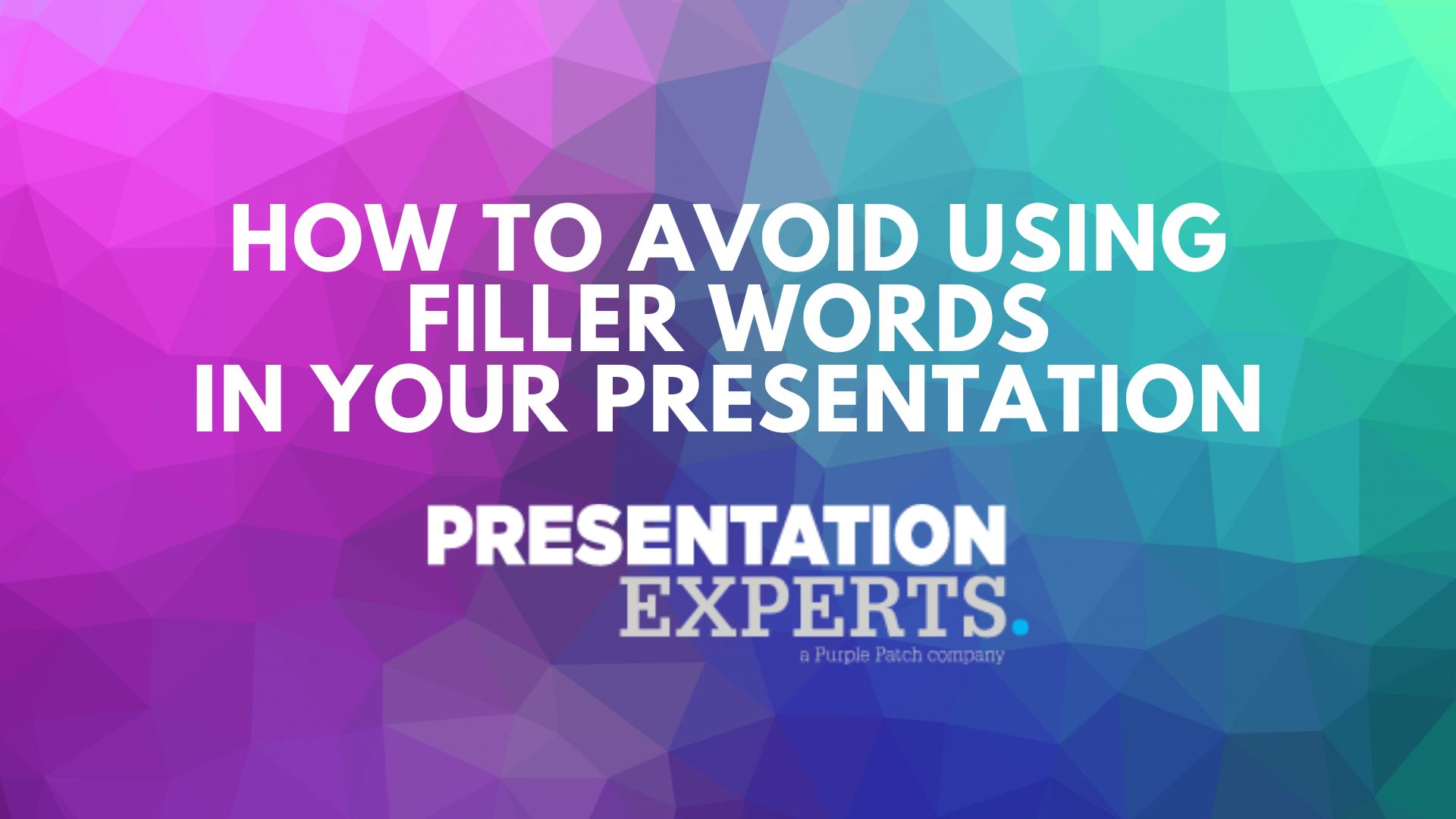What’s the most nerve-wracking part of pitching to new clients? For some it’s public speaking. For others it’s the fear they’ll say “no thanks.” And some marketing and PR firms are afraid to give pitches because they don’t have a professional pitch deck to back them up. Indeed, more agencies are realising how important a professional pitch deck is to closing the deal and landing a new client. As a presentation design company, we have you covered. This post covers how a professional pitch deck leads to more business for your agency, how to structure a pitch deck, and some pro pitch deck design tips.
A Professional Pitch Deck Leads to More Success
What’s the difference between a professional pitch deck and a pitch deck hastily thrown together at the last minute? Your success rate. A professionally designed pitch deck is more likely to land you the client, for a few reasons.
- Spend Time on Your Pitch Deck – As a marketing agency, you likely invested time and resources into your website, social media campaigns, and other promotional materials. Your pitch deck should be no different. Your prospective client has already seen your marketing materials because they’ve probably researched you before your pitch. If your pitch deck design is nowhere near the quality of your website, it’ll both confuse your client and leave a bad impression. Your pitch deck is as much a representation of your agency as your other marketing collateral – treat it as such.
- Leave a Good Impression – When you present your agency’s services to a client with a professional pitch deck design, that client will know that you understand quality. If they see the time and effort you put into your pitch, they’ll conclude you can do the same for them. A successful pitch is about packaging. Your agency likely has the competence to deliver high-quality service, but convincing new clients also requires an impressive presentation of your skills.
- Boost Your Pitch Confidence – With a professionally designed pitch deck, you demonstrate to clients that you take their business seriously. They will have more confidence in your agency to do the job. But a good pitch deck design isn’t just for the client’s confidence – it boosts confidence in yourself too. With a solid pitch deck to complement your presentation, you’ll feel more self-assured. When clients notice this confidence, they’re more likely to trust you and consider you as an authority on the services you offer.
How to Structure a Great Agency Pitch Deck
A marketing agency pitch deck should follow a basic, solid structure. If you stick to the eight steps below, you’ll have the start of a great outline for your pitch deck.
- Do Your Homework – Research your client before you pitch them. Understand what they’re already working on and how you can build on it or improve. Also, consider why you’re pitching them, and what benefit it’ll bring to both of you.
- Tell Your Agency’s Story – A list of your achievements and previous successful cases is great, but it shouldn’t be the only tool you rely on. Your pitch deck should include your agency’s story – how you started, who the team is, and what motivates you.
- Define the Problem – You’ve done your research, so you should be able to identify spots for improvement. Clearly state the client’s current problem as you perceive it – but don’t present it as a “problem” necessarily, you don’t want to insult them! Focus instead on growth and improvement.
- Offer Solutions – You’ve defined the problem, now your pitch deck should present clear solutions. How will these solutions address the problem directly?
- Explain Why You Should Solve the Problem – Discussing how you’ll solve the problem is important, but why these solutions are needed is just as significant. Your pitch deck should state the benefits of solving this particular problem.
- Make Your Services Relevant to the Client – Again, don’t present a list of your services and make the client pick out the important information. Highlight the features you offer that are the most relevant to them.
- Show You Understand the Client – With your pitch deck, you want to show your clients you understand them. This is your chance to preview what working together will be like.
Clearly Outline Next Steps – Round off your pitch deck with a succinct explanation of the next steps. What happens after they agree to work with you? How should they be in contact with you directly after the pitch?
Pitch Deck Design Tips
You’ve seen how a professional pitch deck design can win you more clients and how to effectively structure a pitch deck. Let’s look at some design tips for your pitch deck.
- Keep It Simple – As with any presentations or slide design, pitch decks should be simple. Don’t cram too much info or too many visuals into each slide or your prospective clients will get distracted.
- Engaging Design – Don’t just rely on text. Integrate graphics, icons, and images into your slide to help get your messaging across and hold your client’s attention.
- Pick a Style and Stick to It – To really make an impression, choose a bold, confident style for your pitch deck. Stay consistent with this design throughout.
- Stay Organised – Outline each section of the presentation before you start, so the client knows what to expect. Then, use markers or headings to remind your listeners where they are in the presentation. This helps you stay organised and signals clarity to your client.
- Acknowledge Their Brand – Incorporating a few elements of their brand, like logo or colour palette, into your pitch deck shows you have an understanding of their brand. But don’t make it look like their brand and yours are one and the same – they’re looking to you for something fresh and new, not for something they already have.
Final Thoughts on Winning New Clients with an Amazing Pitch Deck
A professional pitch deck design will lead to more success in landing those clients you’re after. By investing the time and resources into a good agency pitch deck, you’ll make a stronger impression on your client as well as build your own confidence. With the right structure and design, your pitch deck could be the difference between winning new business and a lack of growth as an agency.








